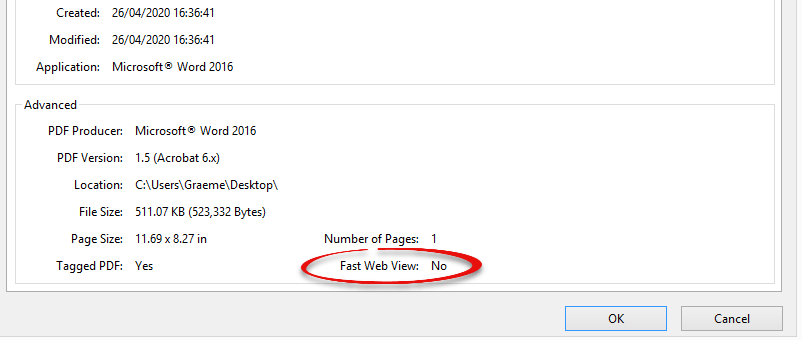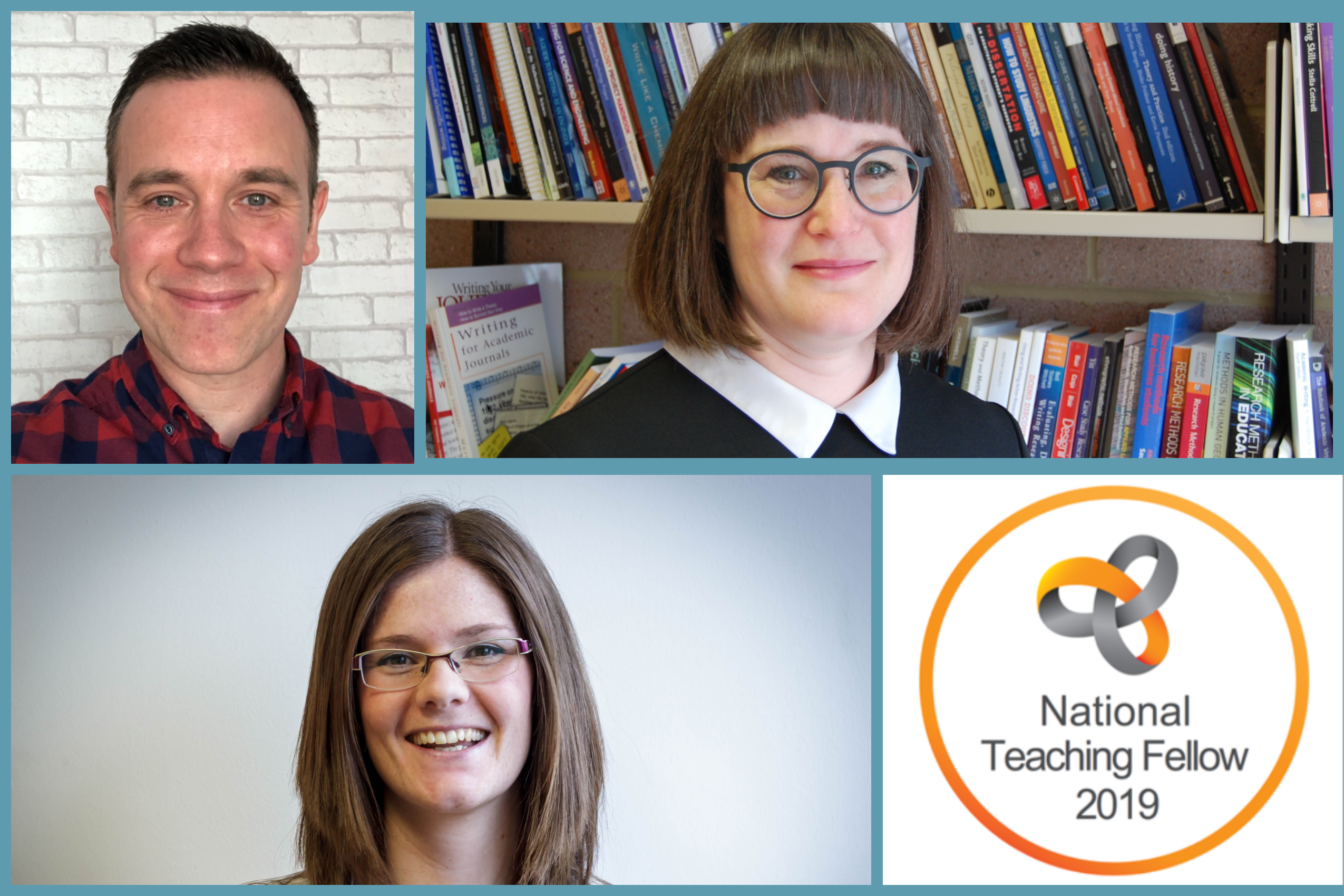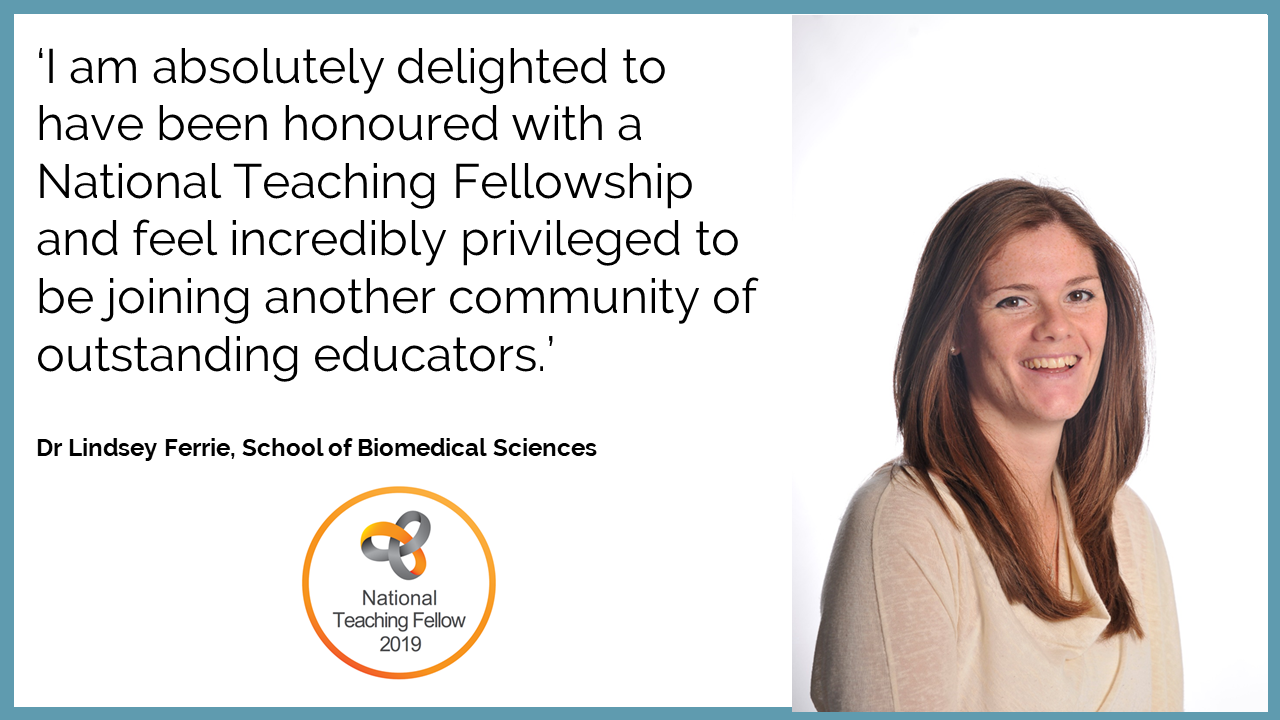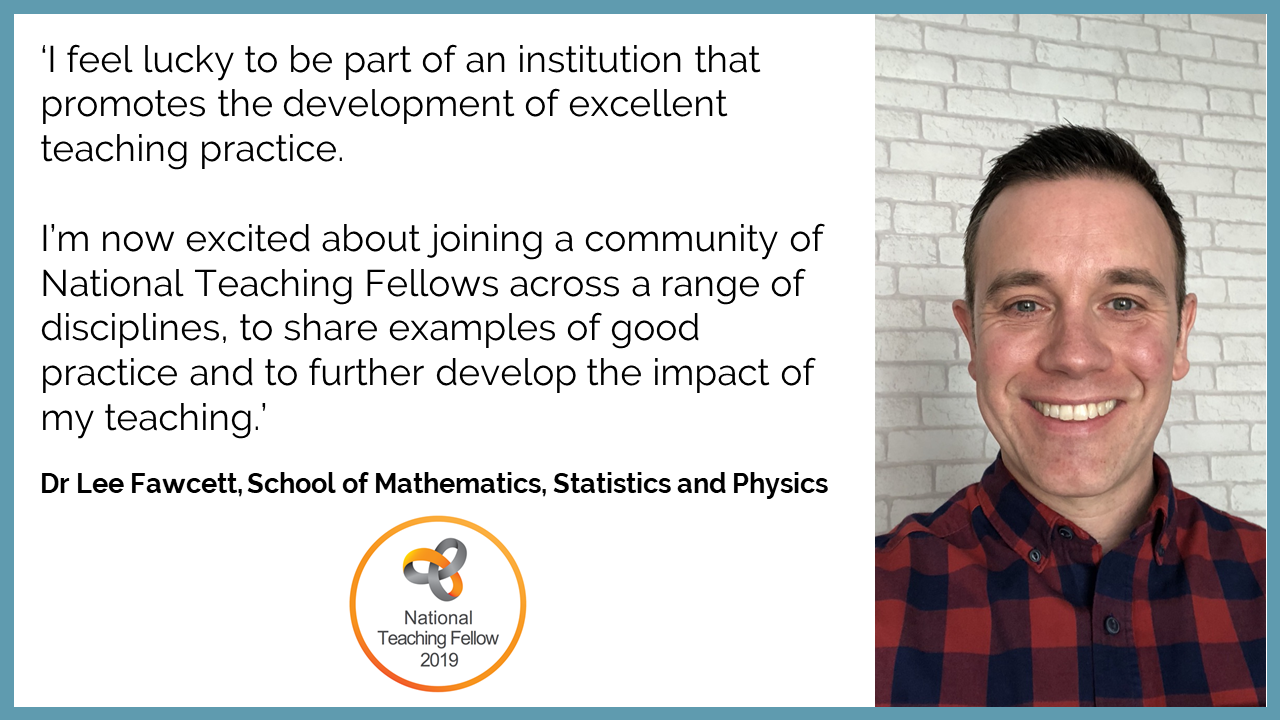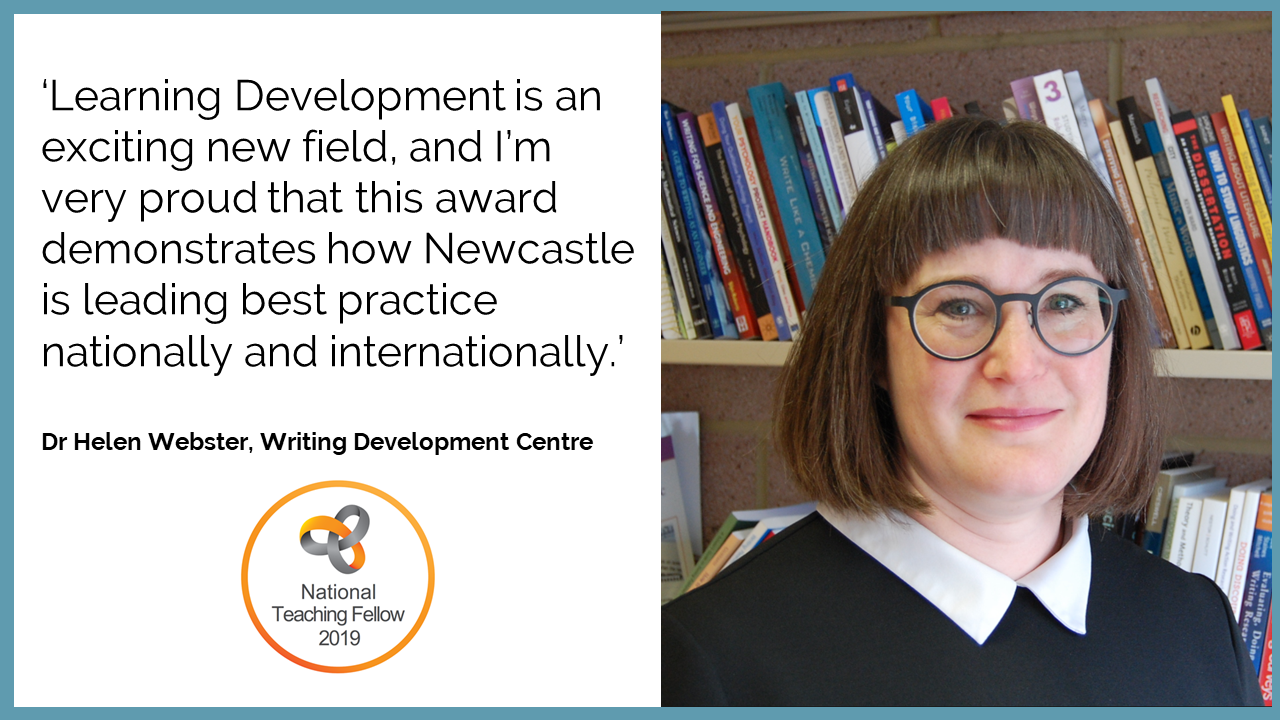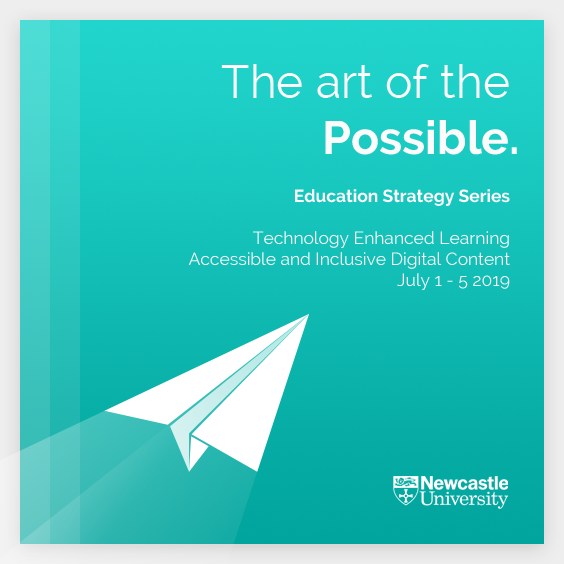On the 24th of March 2023, Teesside University hosted a meeting for ALT North East where attendees discussed the latest developments in education technology. The event was well attended by various institutions in the region, namely the 5 Universities, Middlesbrough College, and the Workers’ Education Association.
The meeting began with a welcome and introduction from the host. 4 of the Universities presented slides that demonstrated the way their teams are organised with Durham’s model of technologists based both centrally and in Faculty sparking discussion.
The first topic discussed was Turnitin, a plagiarism detection software that helps educators check the authenticity of student submissions. Dr Malcolm Murray facilitated a discussion about the quality of the support provided by Turnitin with quite a lot of dissatisfaction voiced, particularly with the proposed launch of their AI checker on the 4th of April.
The next topic covered was the Adobe Creative Campus program. Teesside University is an Adobe Creative Campus. This program offers students and educators access to a range of Adobe Creative Cloud tools, including Photoshop, Illustrator, and InDesign. Teesside discussed how these tools could be used to enhance teaching and learning, as well as to develop students’ digital literacy skills. Problems (sorry, opportunities) were highlighted where Adobe products were encouraged to be used where a more appropriate technology may be available that has a lower learning curve.
The third topic discussed was student feedback, an essential component of the education process. Sunderland University discussed their use of Qualtrix within Canvas through which student module feedback can be collected and analysed to improve the teaching and learning experience.
After lunch, the attendees discussed AI technologies such as CoPilot and OpenChat GPT, a language model trained by OpenAI. Chat GPT is a sophisticated AI tool that can respond to text-based questions and generate coherent responses. Teesside University led a discussion on how institutions were responding to AI technologies, what was the policy taken at each institution, what sessions were being developed, what resources, etc. It was a very useful and lively discussion regarding the various approaches.
The day finished with an enjoyable tour of the beautiful Teesside University campus.
In conclusion, the meeting of ALT North East held at Teesside University was a valuable platform for learning technologists and educators in the region to share ideas, discuss the latest developments in education technology and explore potential use cases for emerging technologies such as Chat GPT. The event was a success, and we hope attendees left with new insights and ideas to improve teaching and learning in their respective institutions. Thank you to Teesside University for being excellent hosts, and we look forward to reconvening on the 9th of June at Durham University.
Please note – AI technologies were used in the creation of this blog post 🙂


